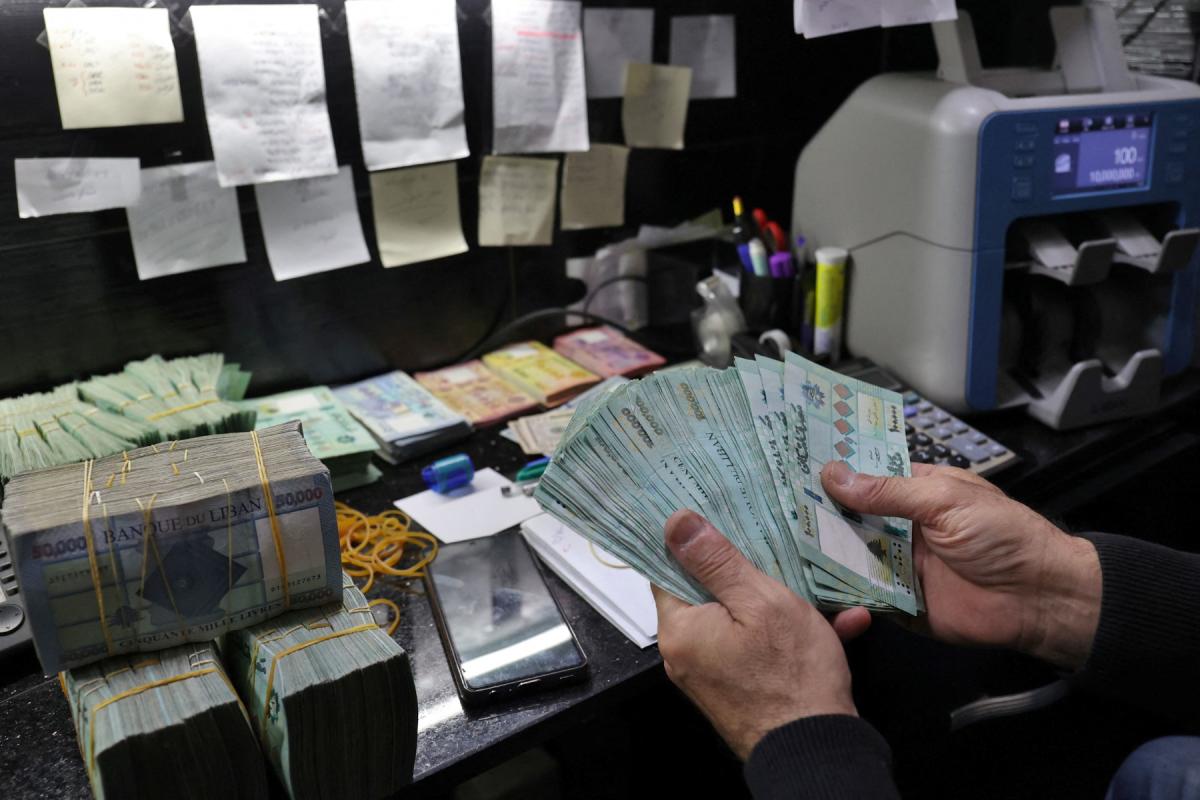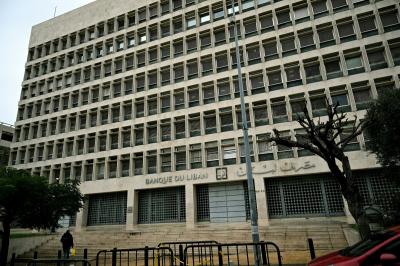Borrowing loosely from Al-Mutanabbi, one might ask of Lebanon’s most important annual financial forecast: “Budget, in what state do you return to us this year?” Like its predecessors, the 2026 draft budget is weighed down with taxes and fees, lacks real economic impact, is stripped of many expenditures, and is skewed in its balance between operational and investment spending, as well as distorted in terms of social justice.
For those who consider such descriptions exaggerated, we present a measured reading of the 2026 budget with Amin Saleh, former head of the Association of Certified Public Accountants in Lebanon and former director of the Treasury at the Ministry of Finance. His critical assessment will be laid out in two parts—an analysis that looks past the government’s media spin designed to justify a continued policy of avoidance in the face of problems it has proven incapable of resolving.
A Budget Heavier on Households
Is the slight increase in budget size—from $4.8 billion in 2025 to $5.65 billion in 2026—any less burdensome in terms of taxation?
As with past budgets, taxes and fees remain the primary, nearly exclusive, source of financing. Yet, the draft fails to include updated revenue tables, as explicitly required by the Public Accounting Law, instead relying on outdated 2021 figures. This detaches revenue estimates from any serious basis for verification. The draft projects an additional $850 million in revenue—an ambitious target in the current economic climate.
Will this revenue growth come from taxes and fees?
Yes. With no real growth in GDP or the wider economy, increased taxes and fees are expected to generate some 61 trillion Lebanese pounds. The result will be further strain on households, forcing deeper cuts to essential spending on food, health, education, and other basic needs.
Official Rhetoric vs. Fiscal Reality
Doesn’t the “balanced budget” touted by the government offset this tax burden by avoiding reliance on external financing?
Not quite. Despite months of ministerial boasting, the draft budget makes no mention of exceptional revenues from new loans—yet these loans, and their interest payments, are already adding to public expenditures. In fact, the government has signed multiple agreements with the World Bank amounting to more than $1 billion. These include:
- A $250 million loan for the Reconstruction Fund.
- A $200 million loan to support agriculture.
- A $250 million loan to improve the energy and electricity sector.
Alongside several smaller loans still under negotiation.
What’s the point of raising fines and penalties if the Finance Ministry regularly issues settlements to waive them?
This contradiction is glaring. The draft foresees a 25-fold increase in fines, yet the ministry habitually issues settlement decrees every few months, reducing or canceling them altogether. This raises suspicions that the inflated figures are simply a way to artificially boost projected revenues to keep the budget balanced on paper. Crucially, the ministry continues to ignore the legal obligation to attach final accounts, which would confirm what revenues were actually collected.
Old Habits, New Problems
Is this approach new?
No. It dates back to 2000 with the adoption of the Tax Procedures Law. At the time, then-Prime Minister Fouad Siniora promised to revisit the issue of excessive fines, but never did. In principle, fines are supposed to be deterrents against violations. Yet when penalties are too harsh, taxpayers often stop paying both the tax and the fine. This is why most countries set an upper limit: fines should deter, not destroy. There is little logic in multiplying penalties 25 times over, only to later slash them by 90%—or in some years, write them off entirely.
The State as the First Offender
Here lies the paradox: while demanding that citizens abide by fiscal law, the Lebanese state itself remains the largest violator—of the Constitution, of public accounting requirements, and of the obligation to issue final accounts and revenue tables.
The second and final part of this analysis will examine how the government has produced not just an “ordinary” budget in extraordinary circumstances, but one riddled with fundamental irregularities—some reaching the level of outright falsification.
Please post your comments on:
[email protected]
 Politics
Politics













